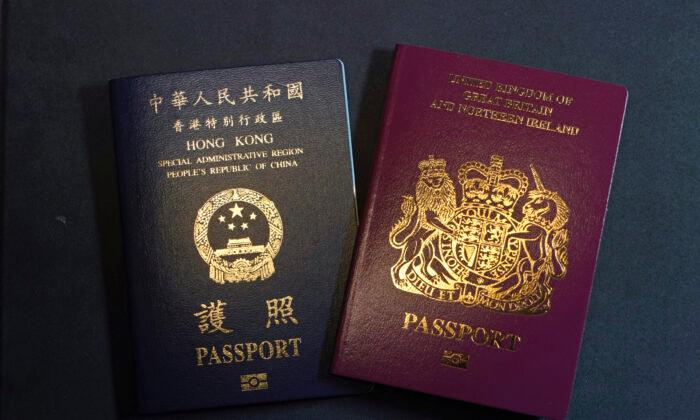The Chinese Communist Party’s (CCP) draconian COVID measures and economic policies have driven many wealthy Chinese residents to leave or at least plan to leave China. Many wealthy individuals have transferred their assets abroad through overseas investment, property purchases, or offshore trusts, with California and New York being their top destinations.
According to investment migration consultancy Henley & Partners, about 10,000 high-net-worth individuals (persons with assets exceeding $1 million) have left or are seeking to leave China this year, taking $48 billion worth of assets with them—the second-largest projected outflow of wealth and people after Russia.




